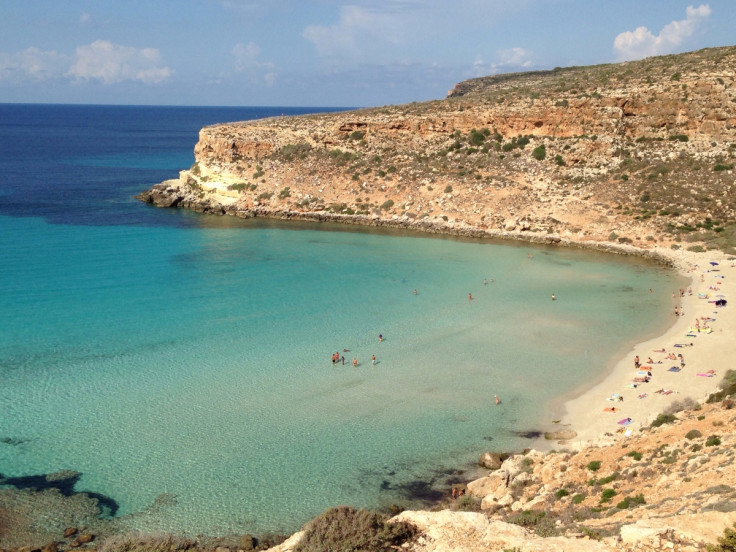Flood warning for tourists heading to Italy's popular hotspots including Sicily
The FCDO has provided advisory for Greece and Malta as well

The UK Foreign Office has sent out a travel warning to its people heading to Italy in the coming days.
With the last few weeks of the summer left, many people would be looking to travel and Italy is one of the most popular vacation destinations among British people, especially its coastal regions.
The Foreign, Commonwealth and Development Office (FCDO) provides updates on a regular basis for people visiting any of the 226 countries and territories. The alerts are about safety risks, extreme weather situations, and health-related outbreaks, among others.
The latest update from the FCDO has alerted travellers about possible severe weather conditions around some popular Italian hotspots. Calabria, a region in Southern Italy, and the island of Sicily are expected to be struck by heavy rain, high winds and possible flooding.
"Severe weather conditions are expected in the coming days in the south of Italy, particularly in Calabria and Sicily. See the Civil Protection Department's website for the latest updates," wrote FCDO in its advisory.
"Heavy rainfall is common throughout Italy in winter, which can cause local flooding. Monitor local media, weather reports and follow the advice of local authorities in affected areas. High waters are a common occurrence in Venice during the winter months and can cause flooding in parts of the city," FCDO added.
The weather warning for Italy comes after neighbouring countries such as Greece, Malta, Turkey and Bulgaria have been battling torrential rains. On Wednesday, Jet2 was forced to cancel a number of flights.
Meanwhile, the FCDO has also reminded travellers about the existing heatwave in some parts of Greece. While some parts of the country are battling floods, some are still dealing with wildfires.
It was earlier reported that Italy is also dealing with the outbreak of a disease that could potentially be fatal if not treated in time.
Several holiday hotspots in Italy saw four cases of dengue fever reported towards the end of August. Out of the four cases, three were from the northern region of Lombardy where Milan is located, and one from the central region of Lazio which includes Rome, according to a disease threat report by the European Centre for Disease Control (EDCD).
The symptoms of the killer virus include high fever, headache, body aches, nausea and rashes. While most people recover in a week or two, some develop severe dengue symptoms and need hospitalisation. The illness, transmitted by mosquitoes, can possibly turn fatal if symptoms are severe and not treated. Individuals who are infected for a second time are at greater risk of severe dengue.
© Copyright IBTimes 2024. All rights reserved.






